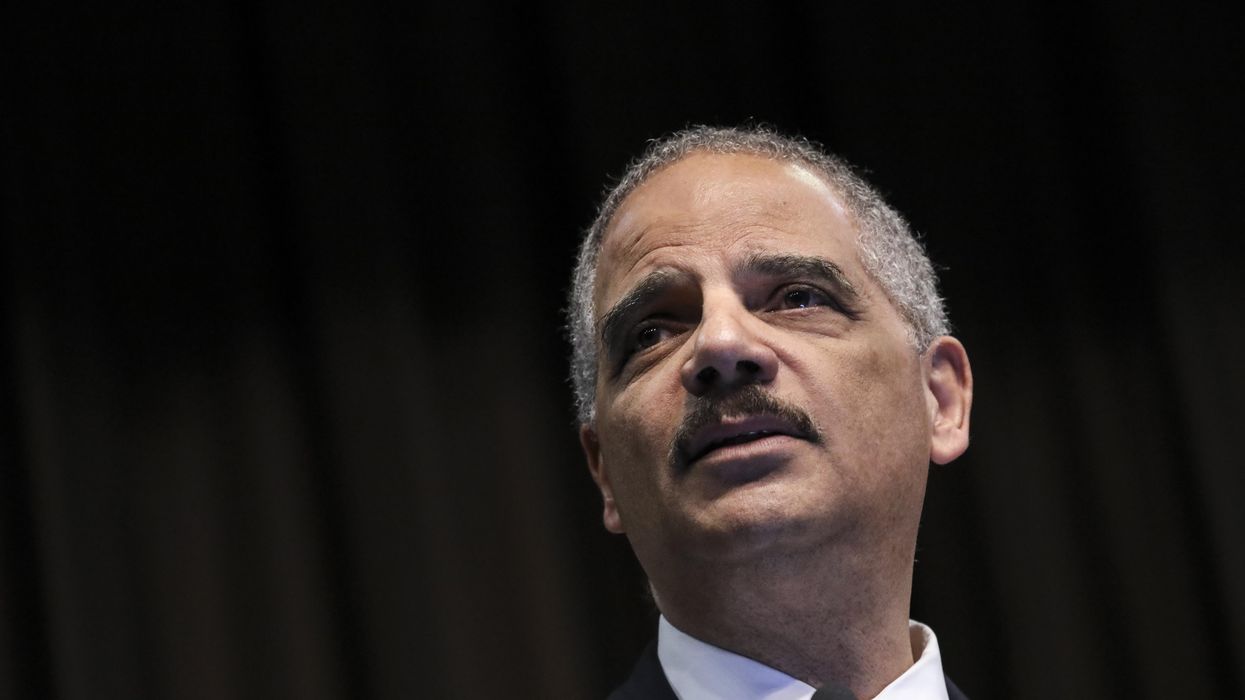Hours after new redistricting data was released by the Census Bureau, lawsuits were filed Monday night to toss out expired election maps in three states.
Former Attorney General Eric Holder, who heads the National Democratic Redistricting Committee, and prominent Democratic voting rights lawyer Marc Elias filed the suits in federal and state courts on behalf of voters in Louisiana, Minnesota and Pennsylvania. They argue that population changes over the last decade have rendered the current maps unconstitutional.
Because these states have divided governments, it's likely that partisan disputes will prevent them from agreeing on new election maps in time for the 2022 midterms. The litigation was filed in anticipation of an impasse and with the hopes of expediting court-drawn maps.
Both Louisiana, with six congressional seats, and Pennsylvania, with 18 congressional seats, have Democratic governors and Republican-majority legislatures. Minnesota (eight congressional seats) has a Democratic governor and state House but a Republican state Senate.
Pennsylvania was the only state of the three to lose a House seat after the Census Bureau reported the new state population counts Monday afternoon.
Due to population shifts over the past decade, the lawsuits argue, the states' congressional maps have been rendered malapportioned and are therefore unconstitutional. The suits seek to prevent the states from using the current maps in any future elections. They also ask the courts to mandate the implementation of new maps that adhere to the "one person, one vote" constitutional requirement, in the event that the legislature and governor fail to agree on maps.
During a press call on Tuesday, Holder linked the GOP-led efforts across the country to roll back voting access to the partisan gerrymandering that will inevitably take place this year.
"What we're facing right now is a Republican Party that has shown that they're willing to bend or break the rules of democracy, simply to hold on to power," he said. "I have no doubt that the same Republican legislators who have pushed these bills will now try to use the redistricting process to illegitimately lock in power."
The goal of the litigation filed this week, Holder said, is to protect the integrity of the redistricting process and ensure fair maps and representation across the country.
Elias, who will be litigating the cases, said these redistricting lawsuits won't be the last filed this year. In addition to these three states, there are six more with divided governments and no independent redistricting commissions, so disagreements over election maps are likely to occur.
"We are prepared and ready to use every legal tool available to make sure that new maps do not unfairly treat voters," Elias said. "These lawsuits ensure that there is a backstop if and when the normal process breaks down or if there is a deadlock between the legislature and the governor which is more than likely going to be the case."




















Trump & Hegseth gave Mark Kelly a huge 2028 gift